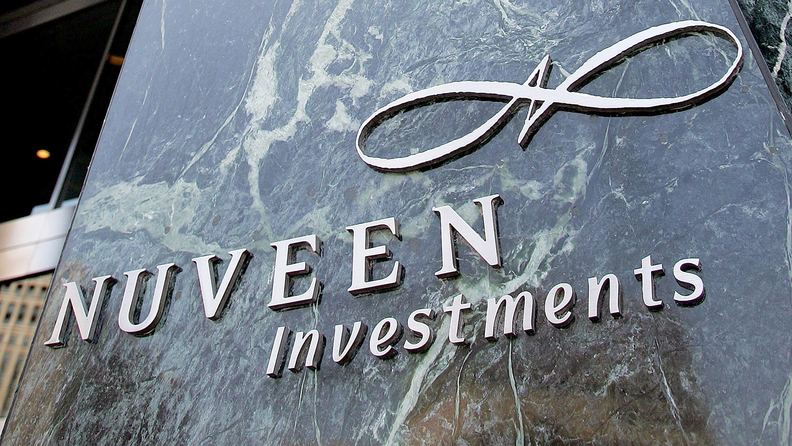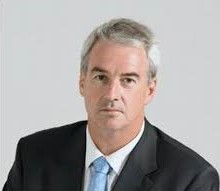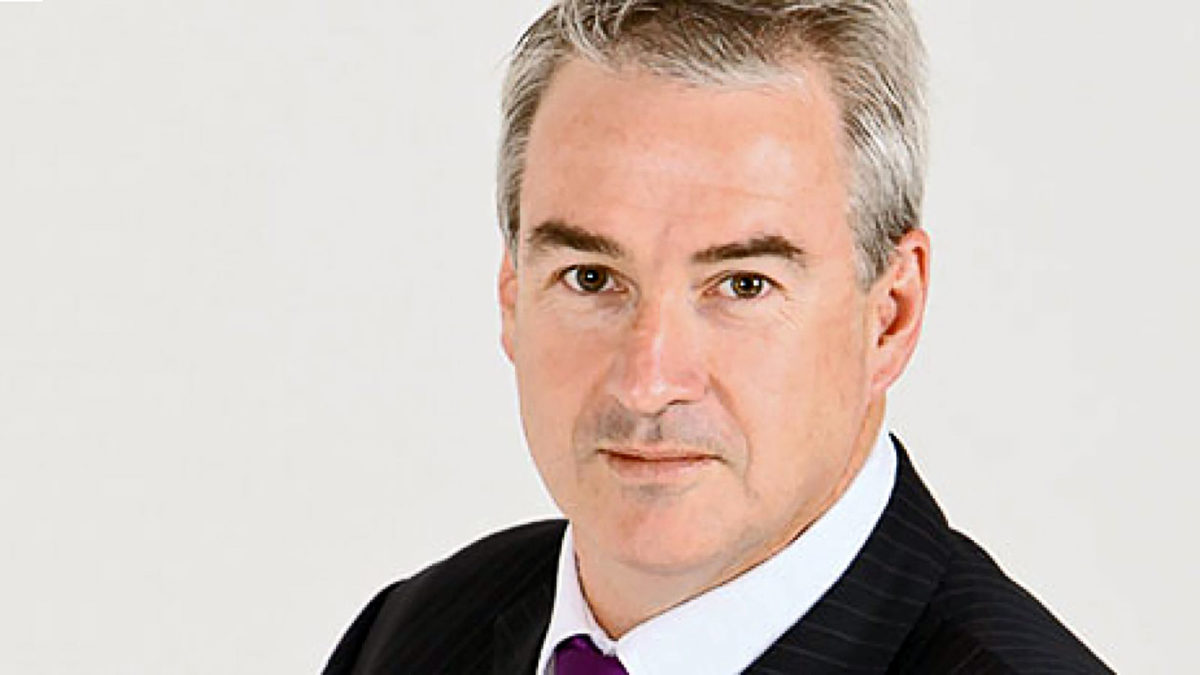Naysayers emerge in ESG trend research
ESG investing continues to polarise institutional investors around the world, with a surprisingly large number considered ‘contrarians’ who tend to buck the trend to ESG’s adoption and integration.
This is one of the outcomes from research by Nuveen, the NYSE-listed global funds management arm of big US-based TIAA (formerly TIAA-CREF), a profit-for-members financial services organisation. With the help of Australia’s CoreData, Nuveen has provided a new analysis with its annual survey of institutional investors, contacted late last year. A total of 700 investors were surveyed and 16 interviewed for further explanations.
The report, entitled ‘Think EQuilbrium’ says there are four types of ESG investors – ‘champions’, ‘contrarians’, ‘values-driven’ and ‘investment purists’. Both contrarians and investment purists, who together make up 42 per cent of all investors, are still skeptical about ESG. Definitions used for the methodology for ESG investors are:
- Champions, 35 per cent: have highest agreement that ESG is on par with other investment factors and a driver of returns; the ‘dream state’ prioritises engaging companies and collaborating with peers; and seeking ESG-focused alternatives investments
- Contrarians, 24 per cent: are most likely to view ESG as a trend; highest disregard for ESG as a means for impact and influence; negative views on all aspects of the ESG dream state; and most likely to see stakeholders as a barrier to dream state.
- Values-driven, 23 per cent: agree that ESG is about social good, impact and influence; are less concerned about proving ESG’s investment merits; generally lack strong views on the ESG dream state; and seek more support from providers in educating stakeholders, and
- Investment purists,18 per cent: disagree that ESG is about impact and influence; doubtful of ESG’s investment value; need to see more validation about ESG as a return driver; and for whom return targets are the biggest barrier.
The report says that the top three barriers to investors reaching the ‘dream state’ are lack of standards (cited by 58 per cent of respondents), return targets (42 per cent) and the burden of reporting (40 per cent).
Nuveen says that in such a state, the investors align their organisation’s social responsibility with their investment philosophy, accelerate mandatory ESG disclosures, increase active engagement with investee companies, prioritise ESG as a tool for positive impact and validate ESG as an alpha driver.

The study looked at changes in people, portfolios and problem-solving since early last year. It found that 58 per cent of respondents were not intending to enhance their organisation’s diversity and inclusion practices or did not know whether they would. It found that the shift towards private markets would continue, with 55 per cent saying they were planning a shift or further shift.
With problem solving, the report says investors have different views on the use of alternatives and visions of the ESG dream state. It says that understanding the types of investors helps organisations understand the challenges and leads to better decisions.
Andrew Inwood, the Sydney-based founder of CoreData, said the survey was designed by his firm’s London asset management arm in collaboration with the Nuveen team – making use of CoreData’s 355,000 USA/UK asset management database and unpicking the hidden costs and successes arising from the changed investment environment and workplace.












